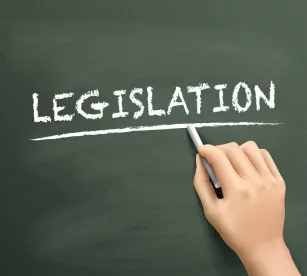Despite potential vulnerabilities, Hawaii’s pay-to-play law survived a significant challenge in the Ninth Circuit last week. The matter involved an electrical-construction company, its CEO and a second individual who challenged several sections of Hawaii’s campaign finance law, including a requirement that the company register and report its activities once it crossed a $1,000 threshold, and the ban on government contractors making contributions to any candidate, candidate committee, non-candidate committee, or to “any other person for any political purpose or use.” Yamada v. A-1 A-Lectrician, Inc. (No. 12-17845) (quoting HRS 11-335(a)).
The plaintiffs wisely chose not to challenge the pay-to-play provision as a whole. Instead, they focused on the bar on contractors giving to lawmakers or legislative candidates who did not award or oversee contracts. Despite this narrow assault on the part of the law with the weakest link to quid pro quo corruption, the three judge panel, consisting of Judges Kozinski, Fisher and Watford, unanimously upheld this part of the law, citing the fact it restricted contributions directly to candidates, the legislature’s interest in addressing a history of pay-to-play corruption in Hawaii, and the fact that even legislators who do not directly award or oversee contracts still play a role in appropriating funds for those contracts. The opinion noted pointedly that it did not address the bar on state contractors giving to county and municipal officials.
While restrictions on independent political spending continue to fare poorly in post-Citizens United legal challenges, courts have been much more reluctant to strike down restrictions on government contractors giving to candidates and political committees. Last week’s decision continues that trend, even when applied to contributions that many would see as on the outer edges of quid pro quo corruption.




 />i
/>i

